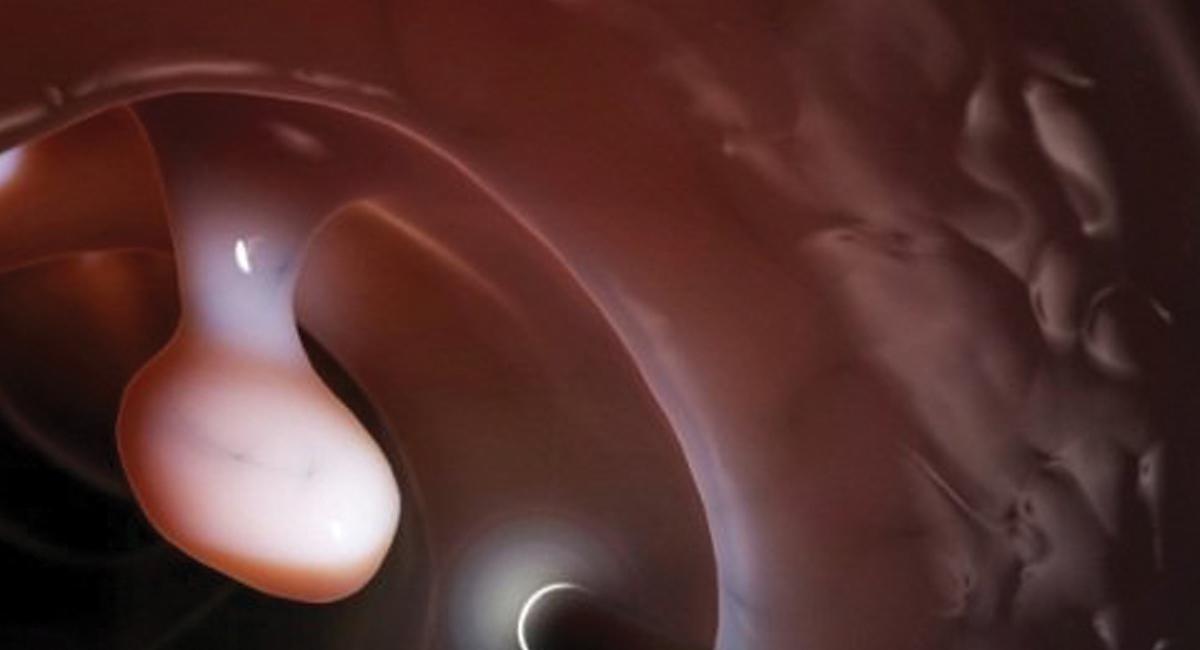
Introduction
In healthy bodies, cells divide and grow in an orderly fashion. However, at times, there may be an overgrowth of cells in any part of the body due to unknown reasons. Abnormal growth of cells in the colon or rectal region can cause polyps to form in that region.
Anal polyps are polyps that occur on the inside of the anus or rectum. In most cases, they do not show any major signs or symptoms. However, if there are a large number of polyps present, they may cause pain and bleeding in that region.
There are several different types of anal polyps. They are as follows:
Hyper plastic polyps: These types of polyps are non-cancerous and do not harm the body.
Adenomatous polyps: They are the most common type of polyps found in the human body. They are mostly harmless, but they have the potential to change into cancer cells.
Malignant polyps: These types of polyps generally occur in large numbers in the infected area and are cancerous.
Description
An anal fistula can be classified based on the region where it occurs; the part surrounding the anus and its relationship with the sphincter muscles. Sphincters muscles are those muscles that regulate the movement of stools.
Request an Appointment at Smiles
What Are the Causes of Anal Polyps?
Polyps generally result from uncontrolled tissue growth in a particular region in the body. Factors that may contribute towards this abnormal growth are:
- ● Obesity : People who are obese and regularly consume unhealthy food on a daily basis are at a greater risk of developing polyps.
- ● Genetic conditions : If any of your relatives suffer from this condition, the chances of developing it are high.
- ● Inflammatory intestinal diseases : Various inflammatory intestinal conditions like inflammatory bowel disease, ulcerative colitis, or Crohn’s disease may also cause anal polyps.
- ● Consumption of alcohol : Regularly consuming high amounts of alcohol can also lead to this condition.
- ● Diabetes : People who have Type-2 diabetes are at a higher risk of developing anal polyps.
What Are the Symptoms of Anal Polyps?
- ● Bleeding from the anus
- ● Change in the stool colour
- ● Change in bowel habits
- ● Abdominal pain
- ● Anaemia
How Are Anal Polyps Diagnosed?
- ● Physical exam : Your doctor will first visually check the site of your anus and ask for your medical history.
- ● Colonoscopy : In this procedure, your doctor inserts a thin, flexible tube with a camera attached, into your anus. The camera transmits images of the rectum and helps detect any abnormal growth or polyps.
- ● Sigmoidoscopy : In this procedure, your doctor will insert a more flexible and thin tube inside your anus. The camera attached to this tube helps check for polyps in the upper part of the rectum.
- ● Stool tests : The stool tests help your doctor check for blood in the stool and assess the presence of abnormal cells in the body.
How Can Anal Polyps Be Treated?
- ● Polypectomy : This type of surgery involves making incisions in the stomach for access to the colon. The surrounding tissues are removed, and depending on the severity of the patient’s condition, it is cut off entirely or cut in parts.
- ● Laparoscopic surgery : A laparoscopic surgery involves making several small incisions in the patient’s abdomen. This is then followed by passing a thin tube called a laparoscope with a camera at the end through one of those incisions. The medical team then monitors the surgery on a video screen and observes the insides of the patient’s colon. Using a set of special tools, the surgeon blocks out the surrounding tissues and gets down to working on the repairs. Once this is done, the surgeon replaces the colon through the incision.
Results : Anal polyps usually do not show any symptoms and are discovered during routine checkups. They are generally harmless but may cause cancer if not treated early. Once diagnosed, it’s necessary to go for regular checkups and maintain a healthy diet to prevent its recurrence.
What Are The Risks Involved In The Treatment?
- ● Dizziness and nausea.
- ● Perforation in the bowel or rectum.
- ● Bleeding from the anus.
- ● Severe pain or bloating post-surgery.
- ● Fever and chills if the area is infected.
- ● Constipation or vomiting.
- ● Irregular heartbeat.
Request an Appointment at Smiles
FAQ's
What Happens if Anal Polyps are left Untreated?
- ● Increased swelling in the anal area
- ● Bowel obstruction
- ● Increased pain while passing stools
- ● Bleeding from the anus
- ● Difficulty in walking or sitting
- ● Increased risk of infection
- ● High fever and chills
- ● Some polyps may become cancerous
What are some Foods to Avoid if you have Anal Polyps?
- ● Red meat like beef and pork
- ● Processed foods
- ● Coffee, tea, or other caffeinated drinks
- ● Excessive alcohol
How can Anal Polyps be Prevented?
- ● Limiting your intake of caffeine
- ● Maintaining good hygiene and cleanliness
- ● Exercising regularly
- ● Consuming fruits and vegetables that are high in vitamin D
Can Anal Polyps be Flat?
How Long does it take for the Anal Region to Heal after the Removal of Polyps?
Can the Size of an Anal Polyp Determine whether it is Cancerous or not?
Need Help?
For any Information about our Locations, Doctors or Treatments.
